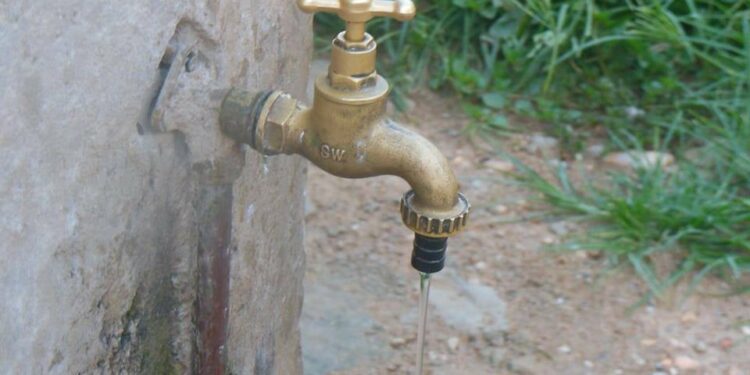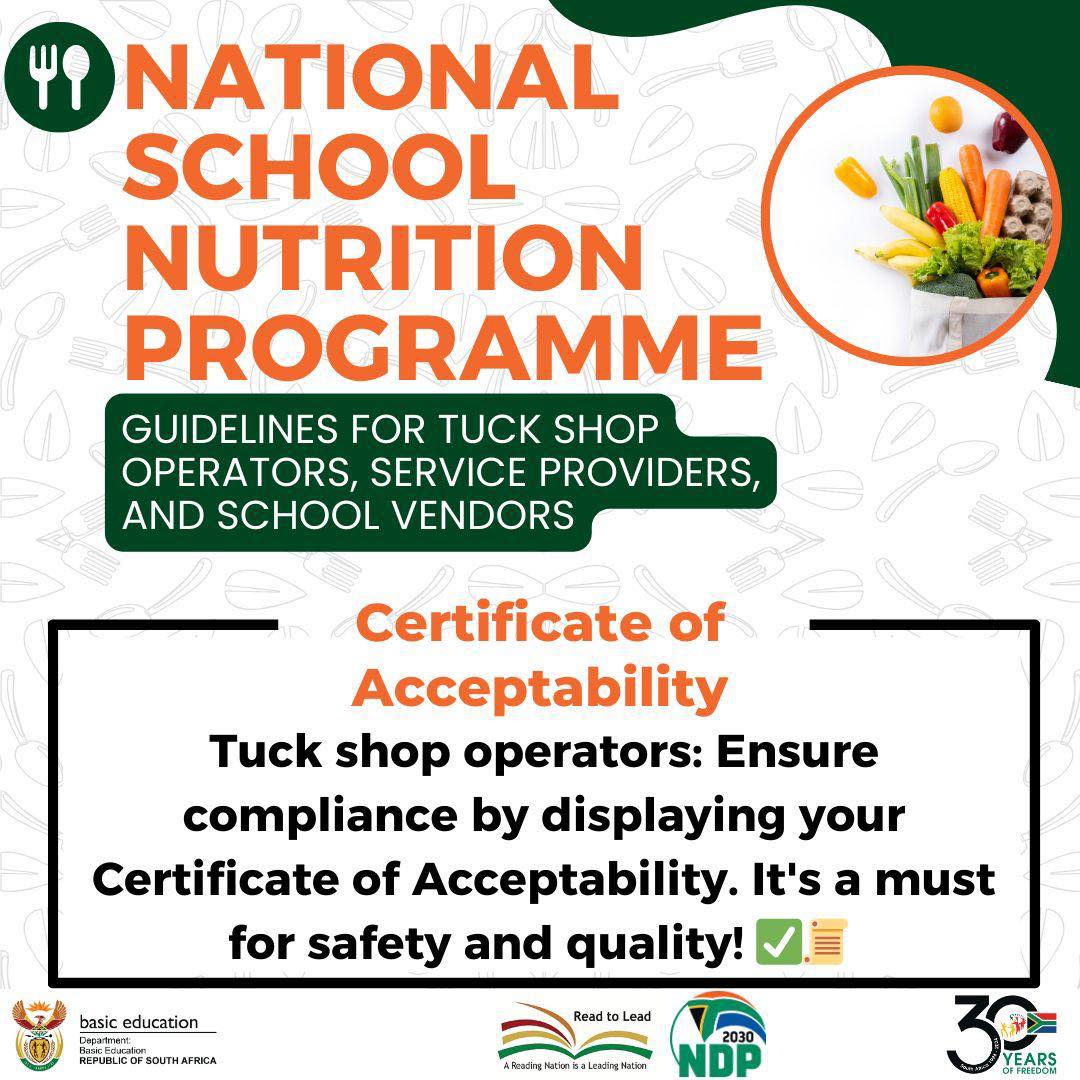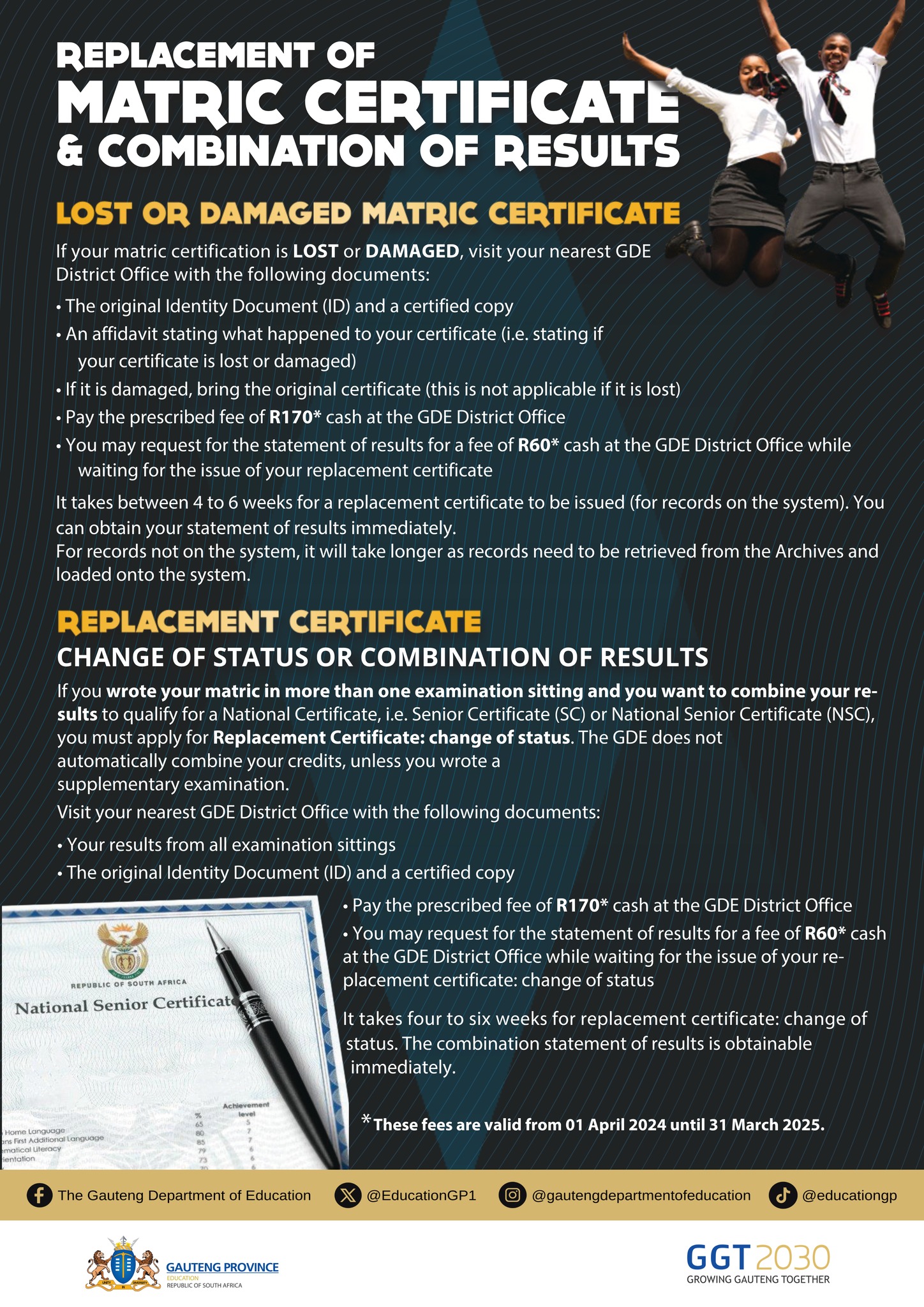The department said it has been inundated with enquiries regarding the quality of drinking water in light of the increasing media reports of typhoid cases and gastro-related complaints in some parts of the country.
“Due to the widespread messages going around on various social media platforms, it is advised that this approach is taken whether gastro-related cases have been reported or not.
“We urge municipalities to communicate regularly with the communities that they serve to prevent misinformation being peddled on social media,” said department spokesperson, Sputnik Ratau.
Ratau said the National Institute for Communicable Diseases (NICD) has also set out some guidelines to be followed to ensure community safety.
In case of doubt, the following preventative measures for the public include:
- Hand hygiene: Wash hands with soap and safe water before eating or preparing food, and after using the toilet or changing a baby’s nappy.
- Food safety practice: Follow the World Health Organisation’s five keys to safer food: keep clean; separate raw and cooked food; cook food thoroughly; keep food at safe temperatures; and use safe water and raw materials.
- Using safe water: If people are concerned about the quality of water they use for drinking and cooking, then it is recommended to treat the water first by boiling it (place water in a clean container and bring to a boil for 1 minute) or treating it with household bleach (add 1 teaspoon of household bleach (containing 5% chlorine) to 20 – 25 litres of water, mix well and leave it to stand for at least 30 minutes before use.
Recent cases not linked to tap water
Meanwhile, Rand Water has noted that the recent typhoid cases reported in the news have not been linked to tap water.
Rand Water spokesperson, Justice Mohale, assured residents that Rand Water’s drinking water treatment processes are effective in inactivating harmful bacteria.
He said Rand Water maintains intensive water quality monitoring programmes.
“Escherichia coli, a bacteria that is used as an indicator for the presence of faecal pollution and disease causing organisms such as Salmonella typhi, has not been detected in the drinking water supplied by Rand Water.
“Drinking water supplied by Rand Water complies with drinking water standards and is safe for human consumption,” Mohale said.










